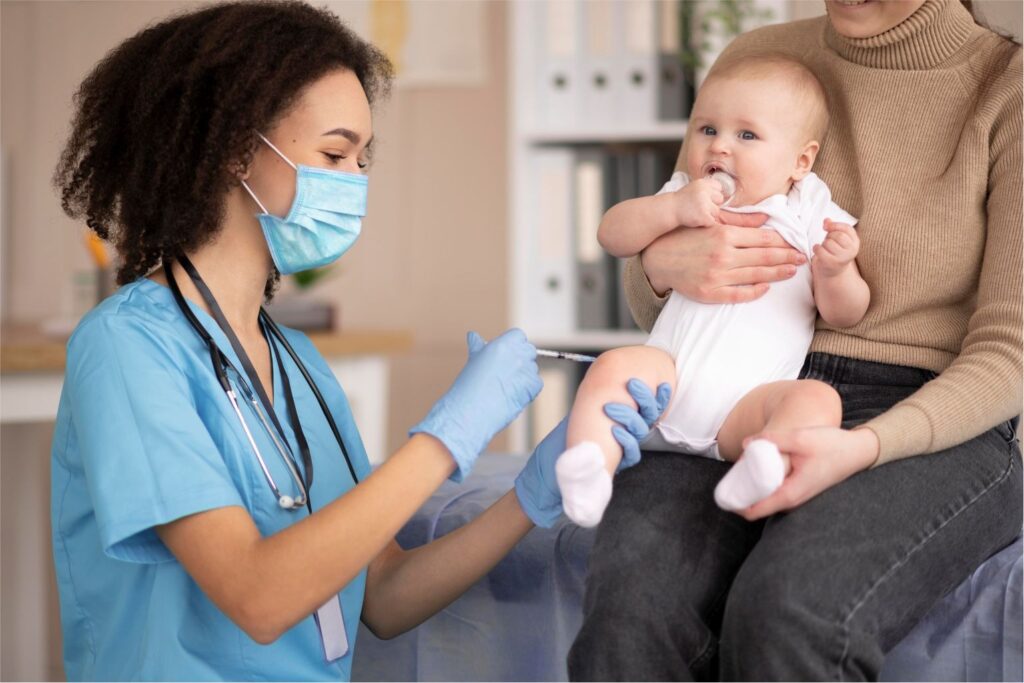
The World Health Organization has issued its first position paper on immunisation products to protect infants from respiratory syncytial virus (RSV), a major cause of infant deaths globally.
RSV, a respiratory infection, causes about 100,000 deaths and more than 3.6 million hospitalisations in children under the age of five. Nearly half of these fatalities occurred in infants who were under six months old, according to the WHO. RSV typically causes mild cold-like symptoms but can lead to serious complications such as bronchiolitis and pneumonia.
WHO recommends two immunisation products to treat severe RSV disease among infants. A maternal vaccine (RSVpreF) that can be given to pregnant women in their third trimester, allowing antibodies to pass to the infant. The vaccine may be given during routine antenatal care, from 28 weeks onwards.
The second is a single-dose injection of monoclonal antibodies (nirsevimab) that can be administered to infants from birth and can protect them for at least five months. If not administered immediately after birth, the baby can receive the monoclonal antibody during their first health visit.
Both products were recommended for global implementation by WHO’s Strategic Advisory Group of Experts on Immunisation (SAGE) in September 2024.
“The WHO-recommended RSV immunisation products can transform the fight against severe RSV disease, dramatically reduce hospitalisations and deaths, and ultimately save many infant lives globally,” said Dr. Kate O’Brien, WHO Director of Immunisation, Vaccines, and Biologicals.








